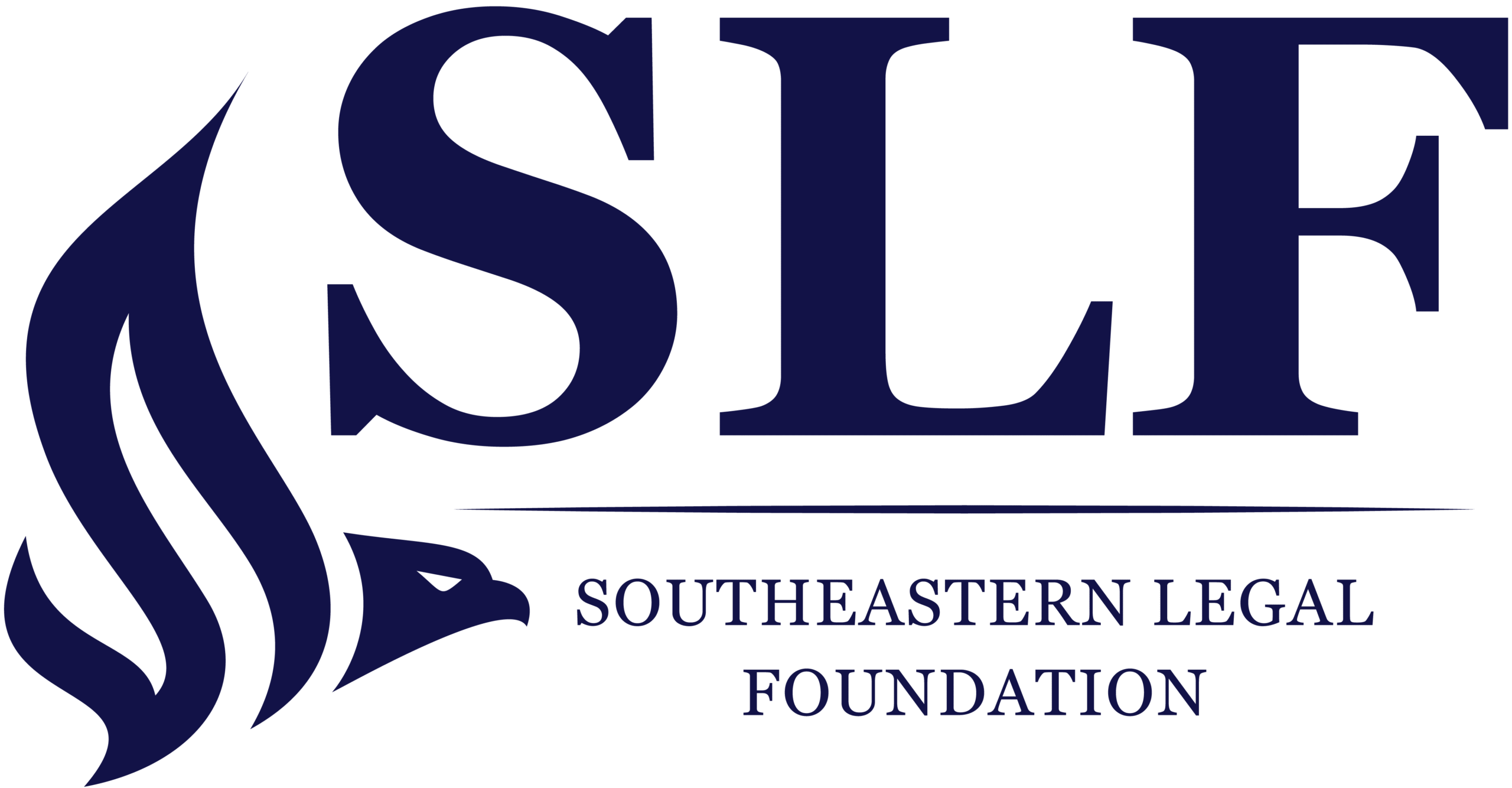In July 2022, a federal court in Nashville imposed a gag order that prohibited civil-rights attorney Daniel Horwitz from talking publicly about a wrongful-death case he brought against a private prison. The court applied a local rule that presumes, without any evidence, that an attorney’s public comments about a broad swath of topics will prejudice court proceedings. The rule then imposes a burden on the attorney to prove that his speech is not prejudicial.
As a First Amendment attorney, Daniel knew the court’s gag order—and the local rule on which the court relied—was not just unconstitutional, but also imposed a special burden on civil-rights attorneys who sue the government. He partnered with the Institute for Justice and Southeastern Legal Foundation to challenge the court’s local rule that makes it too easy for the government and its contractors to silence public discussion about claims that they’ve violated the law. Following the lawsuit, in a victory for lawyers across the state, the court removed the unconstitutional rule so that attorneys can now speak publicly about their cases.
Read More
The original gag order was imposed by a magistrate judge for the U.S. District Court for the Middle District of Tennessee to prevent Daniel from exercising his free speech right to inform the media and tweet about his client’s lawsuit against CoreCivic, the private prison company hired by the government. When Daniel sought to clarify that he was permitted to speak publicly about the case, CoreCivic argued that the court should silence Daniel’s public speech under a local court rule.
Nothing Daniel has discussed or wishes to discuss with the media is private or confidential, and Daniel explained to the court how the gag order would violate his rights. Still, the magistrate made him delete his social media posts about the prison and told him he’d be in contempt if he made any further public statements. Since that initial gag order, Daniel has filed seven more lawsuits against CoreCivic and repeatedly asked the court to uphold his right to speak about his cases. In some cases, motions sat for many months without the court deciding Daniel’s First Amendment arguments.
Daniel knows from experience that a key part of public-interest litigation is speaking in the media about what the government and its contractors have done wrong. He doesn’t reveal any confidential or non-public information, but he understands that lawyers must be able to speak critically about the government policies and officials that they challenge. Media attention makes the public aware of the ways the government has violated the law, so that they, too, can advocate (or vote) for change. Court rules that prohibit attorneys from speaking publicly about their cases help entrench government wrongdoing. That’s why the First Amendment prohibits courts from silencing out-of-court speech unless there’s real evidence that it will undermine proceedings.
